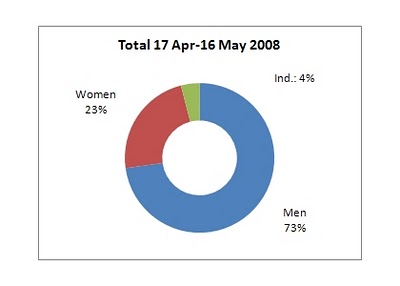Earlier this month, Journalism.co.uk reported that the Observer would be seeking to distinguish between the case of ‘Operation Motorman’ and the phone-hacking scandal, after ‘confusion in the media’.
Operation Motorman was an investigation launched by the Information Commissioner’s Office in 2003 into the use of private investigators to obtain personal information, claiming that evidence documented “literally thousands of section 55 offences” (Data Protection Act) with more than 300 journalists identified.
At the time the Observer released a statement to say that yes, the Observer has used the services of an outside agency in the past, “and while there were strong public interest defences for most of those cases, it is possible that some of the inquiries did not sufficiently fit that criteria”. As a result editor Roger Alton said action was taken to ensure “no inquiries will be made through outside agencies unless I believe that there is a compelling public interest to do so”.
However, following recent events in the separate phone-hacking investigation and speculation surrounding this, the Observer this weekend published a piece from its readers’ editor Stephen Pritchard, reinforcing its position that there “has never been any suggestion, let alone evidence, that the Observer has undertaken, commissioned or in any way been involved,” in phone hacking.
In relation to the issues surrounding Operation Motorman, current editor John Mulholland is said to have confirmed that Alton’s previous instruction “stands today”. Pritchard also outlines the sorts of stories journalists were using the services in relation to:
Former reporters told me they were working to uncover illegal arms deals, drugs trafficking, Islamic terrorism and political intrigue; stories they believed to be in the public interest that went on to appear in the paper. They said that the names that turn up in [Steve] Whittamore‘s register were people who would be, in the main, hard to find; individuals who would not make themselves available for interview. They felt it was right that they should attempt to find those people and put allegations to them. Sometimes, they would be up against tight deadlines and would use Whittamore because he was quicker at finding phone numbers or converting numbers into subscriber addresses.
